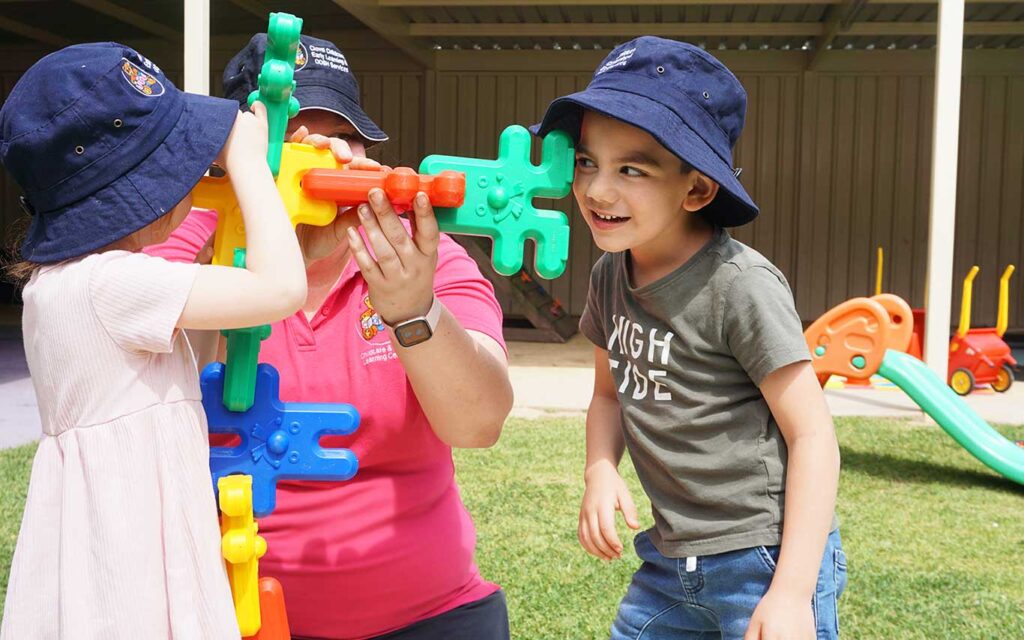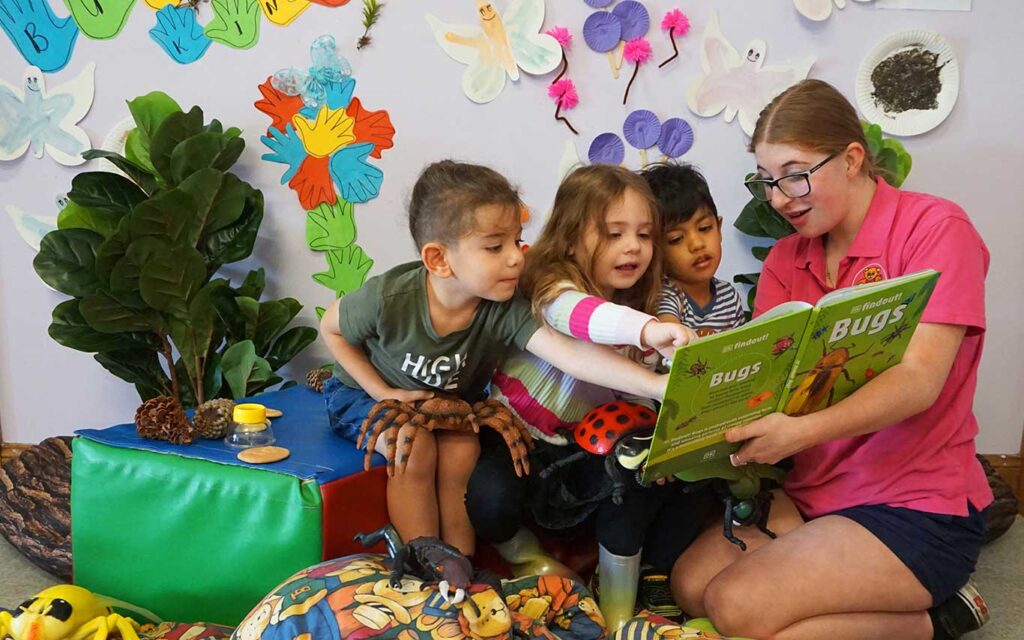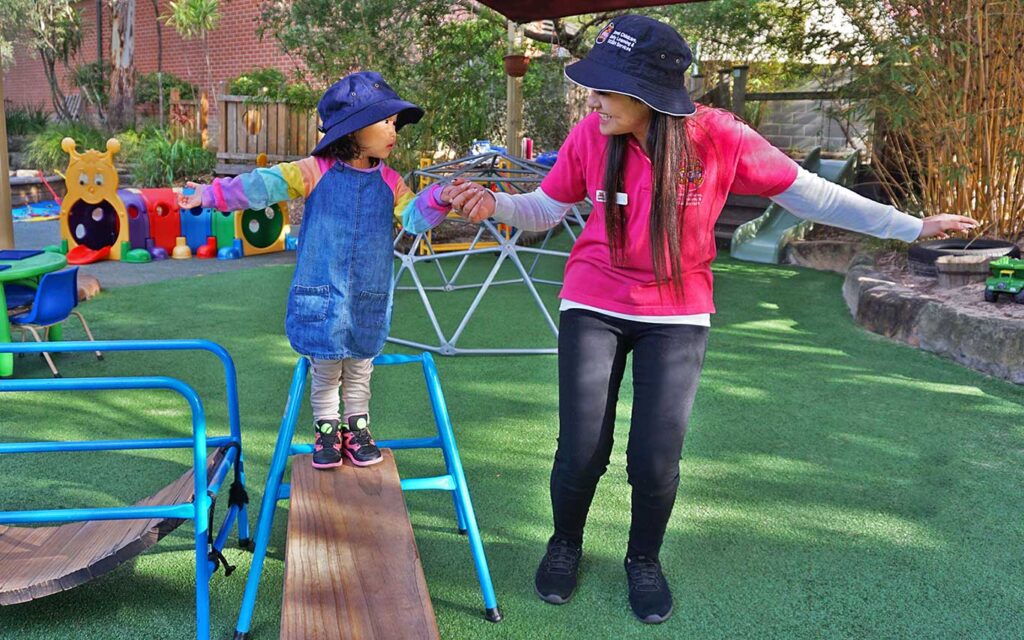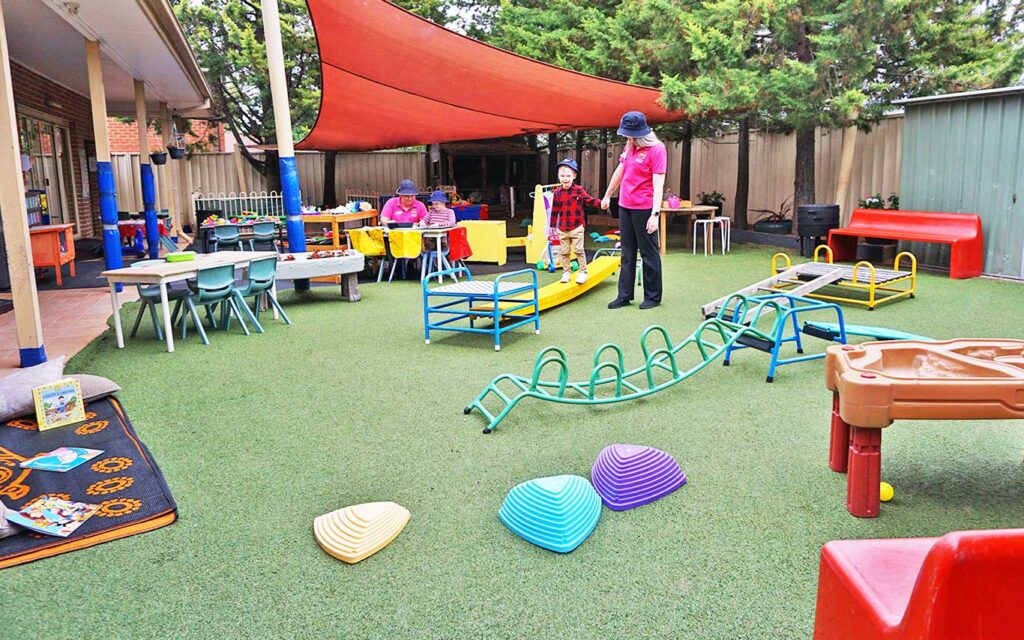Preparing a child for daycare for the first time can be a challenging process. Daycare is a significant moment, and both parties can struggle with the concept of separation. However, it is essential to ensure our children are ready for the first day at daycare. Easing daycare separation with the proper preparation and helping them develop necessary social, emotional, and cognitive skills can massively enhance the entire experience. Today, Clovel Childcare will provide guidance on the entire process. From getting them ready for child daycare routines to addressing daycare anxiety in children, we aim to answer the questions that usually come up during this significant time.
Understanding the Importance of Early Preparation
In order to set your child up for daycare success, the earlier you get to work on easing daycare separation and helping them develop the social-emotional skills for their first day at daycare, the smoother it will be. A huge part of early childhood education is providing a warm and supportive environment where children can explore and experiment at their own pace. There isn’t really a strict daycare preparation checklist, but knowing how your child should be behaving by the time they reach daycare will provide immeasurable benefits.
Key Skills Your Child Needs Before Starting Daycare
There are three essential skills to consider when preparing a child for daycare. By the time a child is ready for this transition, they need to possess the social, emotional, and cognitive skills to make the most of their time at daycare. Thankfully, daycare play-based learning programs aren’t too taxing, so you don’t need to worry about whether your child is ready. If you are feeling unsure, talk to your daycare for additional daycare transition advice.
Social Skills
For children to thrive during their time at daycare, it is crucial they have developed the necessary social skills. Daycare involves taking turns, team activities, play-based learning, making friends, and plenty of peer interaction. Having the basics down will create a seamless transition into child daycare routines.

Emotional Skills
Daycare anxiety in children is a real thing. This is the first time they will be exploring the world without the loving support of their parents, so it is essential to ensure they know how to manage their emotions enough to adapt to their new surroundings. Easing daycare separation isn’t as challenging as it sounds, and your daycare can provide plenty of help.

Cognitive Skills
A big part of preparing a child for daycare is ensuring they have the cognitive skills to take part in the fun activities that await. Incorporating activities where your child can learn to recognise shapes, count, and solve problems will get them off to a great start. Promoting cognitive development at home will massively enhance their experience at daycare.

Practical Tips for Preparing Your Child
Though preparing a child for daycare might sound like a lot, ensuring they are ready can be broken down into three straightforward stages. The best daycare transition advice anyone can give is to establish routines, promote their independence, and make them familiar with the environment.
Establishing Routines
To help with child daycare routines, you can familiarise a child with the concept of routines quite easily. By doing things like setting consistent bedtimes, playtime, and meals, children will learn to adjust to routines, helping them adapt quickly during their first day at daycare. Additionally, finding out as much as you can about your daycare will help you align your routines with theirs, further enhancing their transition.
Encouraging Independence
This should be at the top of any daycare preparation checklist. Teaching a child to carry out tasks, such as dressing themselves, looking after their belongings, and packing their own bag, is a massive part of preparing a child for daycare. By the time their first day at daycare approaches, they will be confident, capable, and ready to have some fun.
Familiarise the Daycare Environment
By visiting and meeting teachers before their first day at daycare, your child will become much more comfortable with their new environment. Most daycares have an open-door policy that allows parents to bring their children whenever they want to. Making them familiar with their new daycare environment is great for easing daycare separation.
Addressing Common Concerns
There are several concerns you might be having regarding daycare. Two of the primary worries most parents experience during this time are separation, creating daycare anxiety in children, and knowing whether or not their communication skills are up to the task.
Managing Separation Anxiety
Separation anxiety is something that almost every parent deals with at some point. There are several tactics for easing daycare separation, such as keeping goodbyes short, using transitional objects, and using positive reinforcement. For professional advice on how to reduce daycare anxiety in children, feel free to contact us for a chat, and we will provide all the tips to ease separation anxiety you need.
Building Communication Skills
One of the biggest aspects of preparing a child for daycare is ensuring they possess communication skills. These skills can be developed through simple processes, such as teaching them to express their feelings. Role-playing and storytelling are great tools to promote language development at home.
How Clovel Childcare Supports Your Child’s Transition
At Clovel Childcare, we are tremendously passionate about ensuring your child’s first day at daycare goes perfectly. We are committed to providing children with a home away from home, guided by our educational philosophy with love at its core. By providing a warm, supportive, and fun environment, we can lead Australia’s children into the future with confidence. If you need any advice on preparing a child for daycare, our award-winning daycare is here to help. Feel free to reach out anytime you need to, and we will provide you with all the guidance you need.
Frequently Asked Questions (FAQs)
What age should my child start daycare?
Starting daycare depends on the needs of the families and the readiness of the child. Usually, a child will start between 6 months and 3 years.
How do I help my child develop social skills before starting daycare?
Engaging in role-playing activities, taking them on playdates, and modelling certain behaviours are great ways to help children build social skills for their first day at daycare.
What should I do if my child resists starting daycare?
There are several ways to reduce daycare anxiety in children. You could try keeping the initial visits short and increasing them over time or positive reinforcement about the fun that awaits them at daycare. If this is something you are struggling with, contact your daycare for support and guidance.












